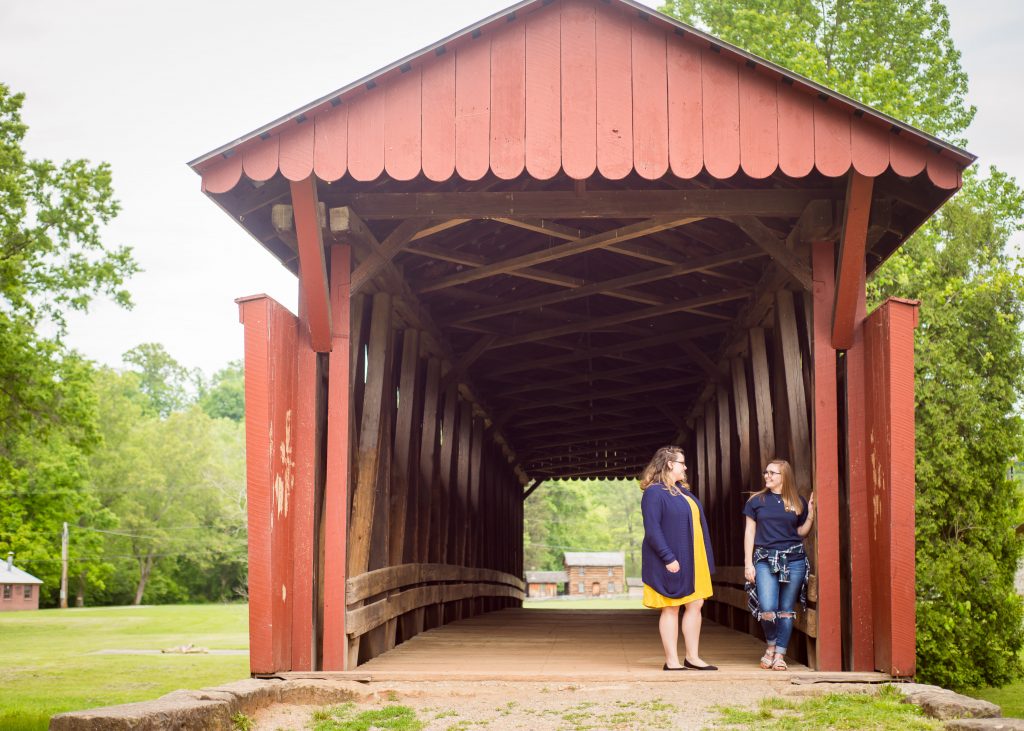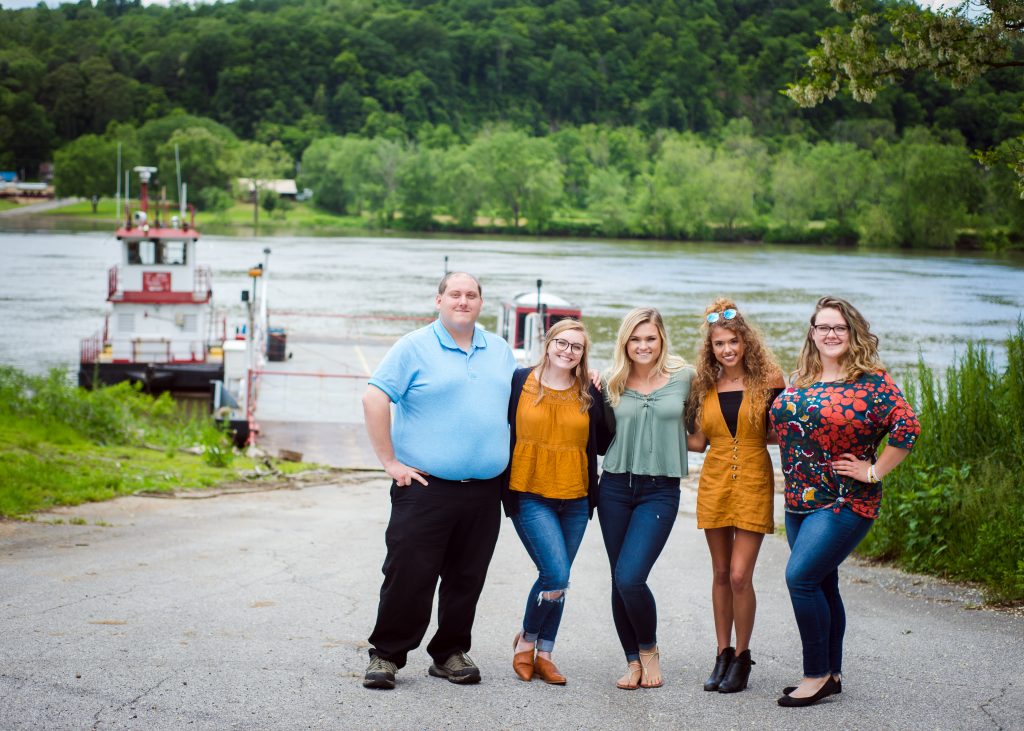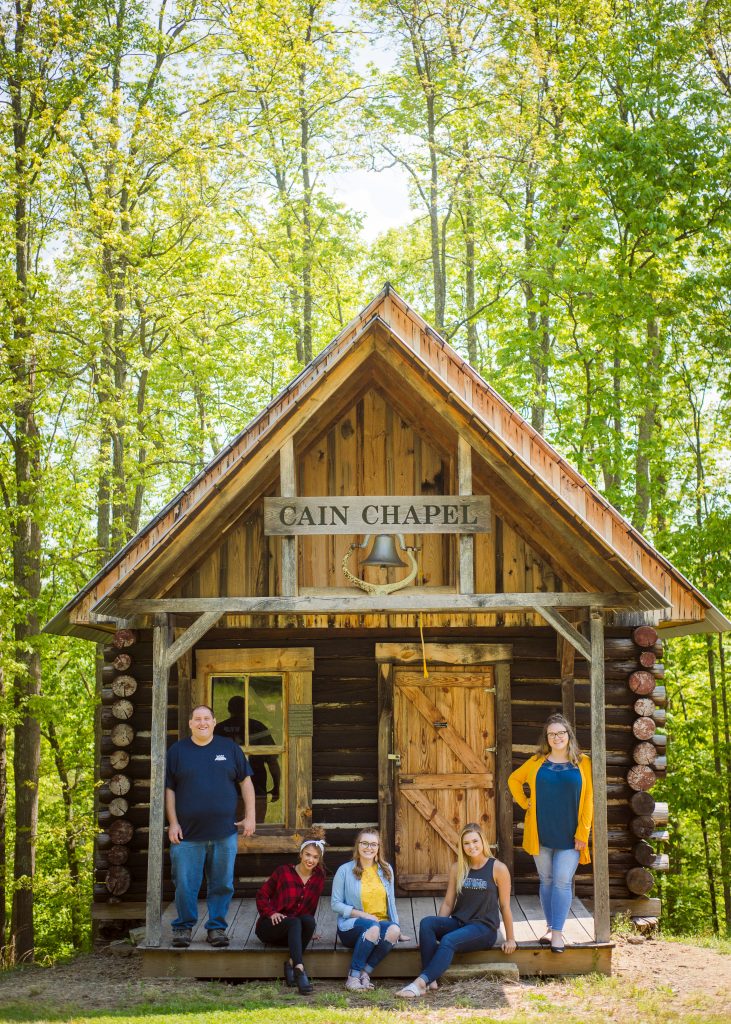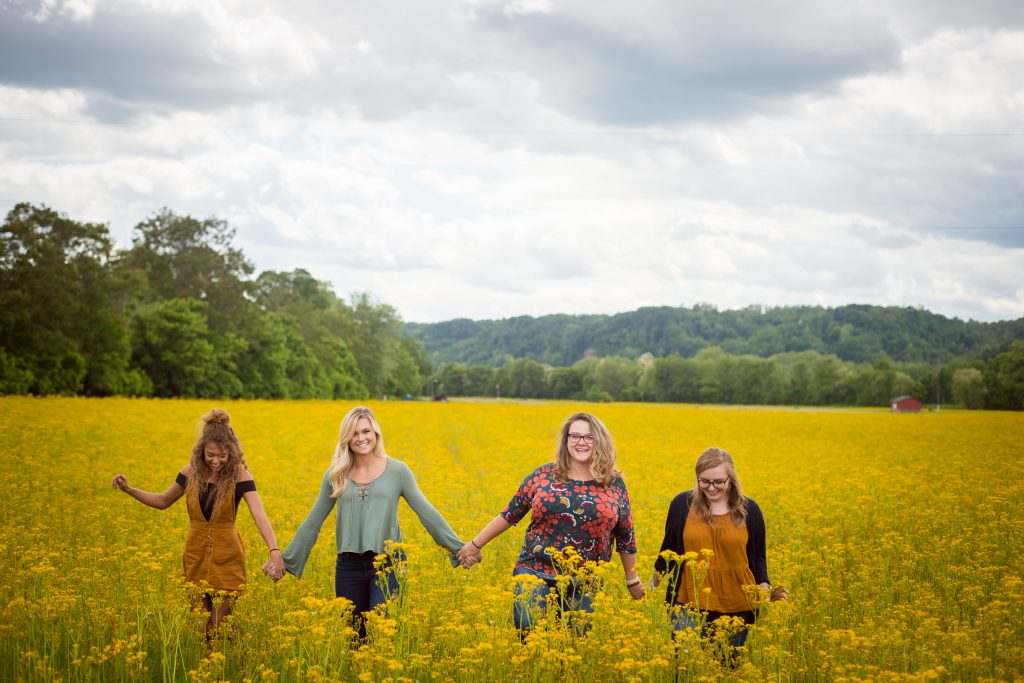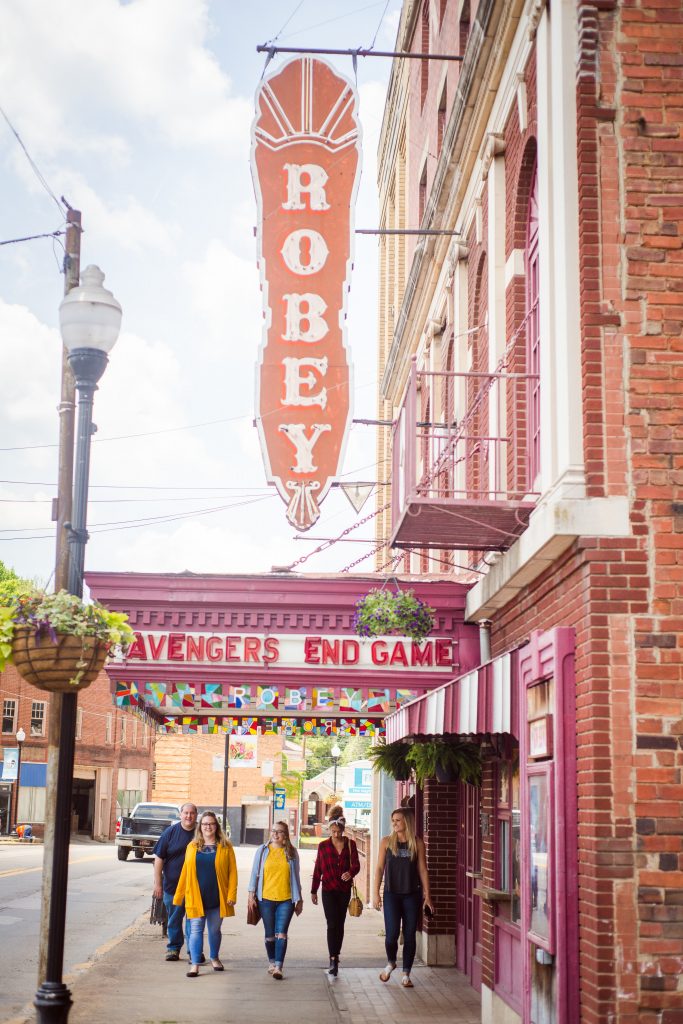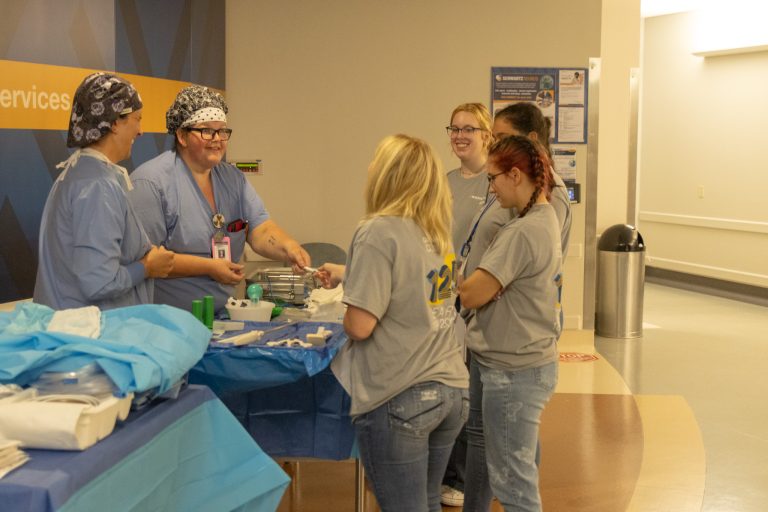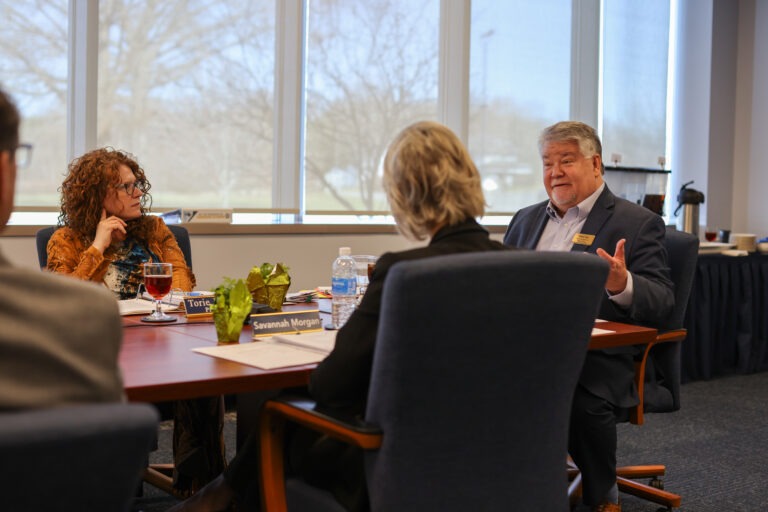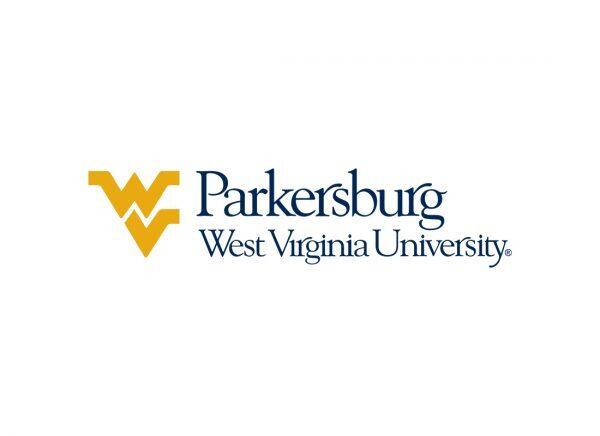WVU Parkersburg offers new experiential learning program for students
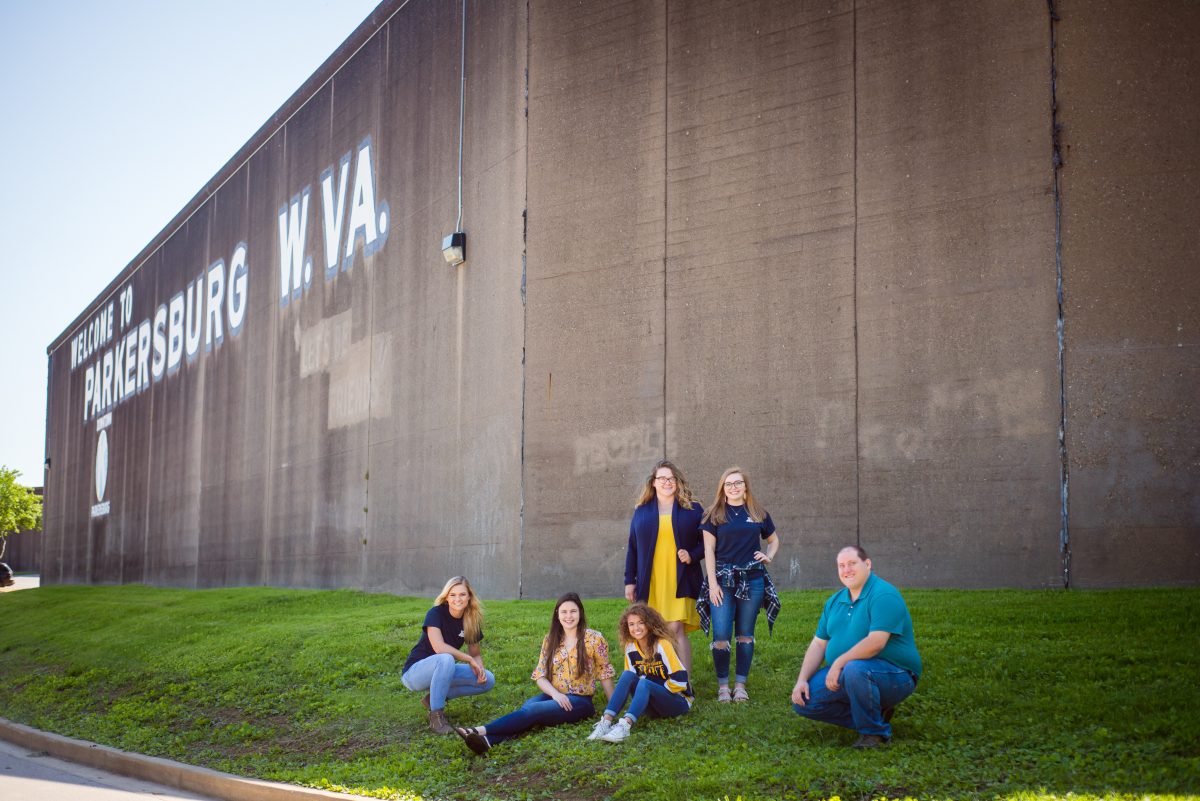
June 14, 2019 – It’s about a classroom that goes beyond the traditional textbook to a new learning experience. It’s about students who are ready to learn in an active environment.
West Virginia University at Parkersburg is offering a new experiential learning program for students. The program officially kicks off this summer with the Communication and Media Studies department and the employment of six interns. Brooke Buchanan, Toni Grogg, Loren Hays, Ryan McCoy, Madison Sayre and Sarah Weeks are the first marketing interns, who will be overseen by Dr. Torie Jackson, dean of public affairs and experiential learning.
The experiential learning classroom becomes a more in-depth studying laboratory. Students in Communication and Media Studies courses participate in a variety of career-related, project-based learning activities. The college began to pilot this program in the spring semester. As an example assignment, faculty tasked students to consider the counties in the WVU Parkersburg region and to examine the target audiences by researching jobs, industries, income, education, school system enrollment, population, values, sentiment, social media usage and free time usage in those counties.
“Having this internship with WVU Parkersburg allows myself and the other interns the opportunity to not only learn inside the classroom, but to take my knowledge beyond the course and apply it to real-world situations,” said Brooke Buchanan, a marketing intern in her junior year in the Communication and Media Studies program.
To begin the summer experiential learning program, the interns took a county tour to visit Calhoun, Jackson, Pleasants, Ritchie, Roane, Tyler, Wirt and Wood counties.
“I loved being able to travel to the surrounding counties and walk a mile in their shoes,” said Madison Sayre, a marketing intern in her sophomore year who will use that knowledge to be able to market effectively to the counties. “It was cool to see things through a different lens.”
WVU Parkersburg President Dr. Chris Gilmer is committed to building a culture of experiential learning at WVU Parkersburg in which our students learn academic content by putting it into practice in real-life settings.
“I have advised writing students for many years not just to tell me, but to show me with their words. This is because I believe fundamentally in learning by doing, not just by listening, or reading, or committing facts to memory. Those things are important, but implementation and practice are more important,” Dr. Gilmer said.
The college president plans to expand experiential learning to more degree programs on campus.
“This way our students graduate not only with content knowledge, but with application skills and a portfolio of quality work to show a potential employer. It is a win for everyone, and I hope the university community will fully invest in this model,” Dr. Gilmer said.
Research reveals that employers seek such skills. Education author Terrell Strayhorn recently visited the WVU Parkersburg campus to talk about assessment of learning. He shared with college faculty that employers want specific proficiencies in college graduates. These skills align with the goals of the experiential learning program, specifically:
• Work well on diverse teams
• Plan, organize, prioritize work
• Imagine, create and see connections
• Make decisions and solve problems
• Proficiency with computers and technology
• Storytelling and maximizing of stories
• Communicate well verbally with people
• Maintain integrity in work activities
“Experiential learning is a wonderful opportunity for our students to take their learning to the highest level, beyond application and analyzing to evaluating and creating,” Dr. Jackson said. “As this program begins to encompass more of the degree programs at WVU Parkersburg, we will revolutionize the student learning process and we will have college graduates ready to take on the workforce with skillful ability.”
